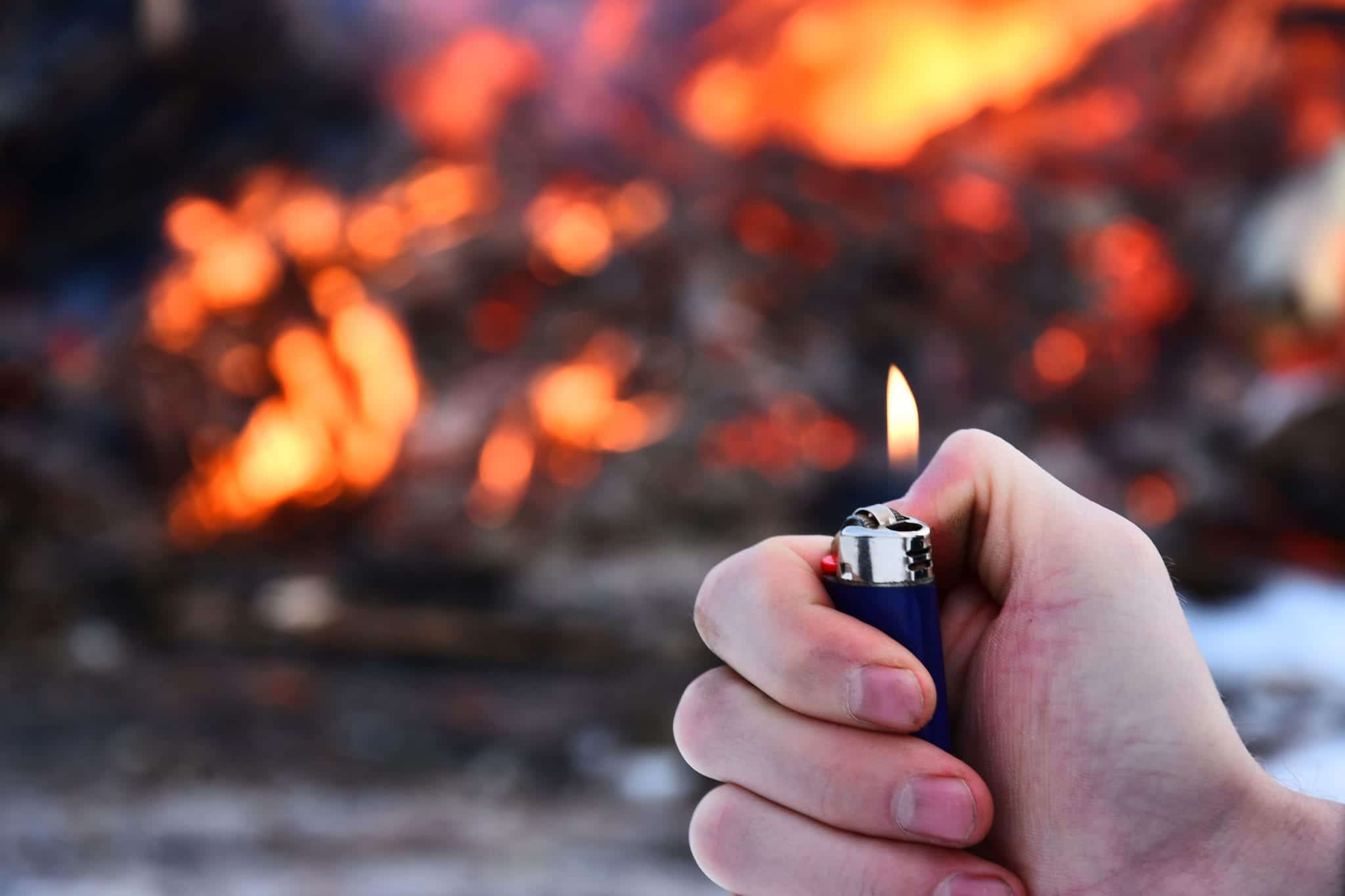Virtually from the time that man discovered fire, it has been wielded as a weapon. Likely for that very reason, there are long-ago established laws for setting them inappropriately that carry severe penalties, even today.
Moreover, even planning to commit arson can land you in hot water. Three Minnesota men found out the hard way last August. They were accused of arson in fires set at Target corporate headquarters in Minneapolis.
It happened during a period of civil unrest and they are now facing federal arson charges as a result, more specifically, conspiracy to commit arson. So what does it mean to be charged with conspiracy in addition to the criminal arson charges? Read on to find out.
Arson Charges in Minnesota
There are different types of arson charges in Minnesota which vary based on the severity of the crimes, the amount of property damaged, and the level of any injuries sustained to victims.
Setting fires can be charged as either a misdemeanor or a felony, and arson crimes in Minnesota are generally classified under one of three categories: first-degree arson, second-degree arson, and other arson crimes. Learn more about each below.
Arson in the First Degree
Arson of a dwelling is the most serious arson charge and is normally a first-degree felony. This is because setting fire to a dwelling often involves the injury or even death of the people inside.
That’s why any person who sets fire or uses explosives intentionally to damage a dwelling faces up to 20 years behind bars and up to $20,000 in fines, whether anyone was present in the dwelling at the time the crime occurred or not. Fines can go up to $35,000 if the defendant knew or should know that someone was inside the dwelling when the fire was started.
Other specific buildings aside from dwellings (like office buildings) are also covered by first-degree arson charges and carry the same penalties, especially when the building was occupied during the commission of the crime.
Arson in the Second Degree
Intentionally using explosives or setting fire to a building not covered under the first-degree arson statutes is a second-degree arson crime. It is often charged in cases where the damage to any property is valued at more than $1,000 as well. This level of charge is punishable by up to 10 years in prison and fines up to $20,000.
Other Arson Crimes
Arson can also be charged in the third, fourth, and fifth-degree. What charge a defendant faces depends on the monetary value of the damage caused to the property. All these charges can result in jail time, as little as 90 days for fifth-degree arson or as much as five years for third-degree arson, and fines from $1,000 to $3,000.
Conspiracy to Commit a Minnesota Arson Crime
Conspiracy is an additional crime that can be charged in relation to arson. Under the law in Minnesota, there are common elements that must be proven in order to find someone guilty of conspiracy, including two agreements:
- The agreement to commit the criminal act between two or more people
- The agreement to accomplish it or commit it through illegal means
If the planned crime is a felony under the conspiracy statute, then the penalties and fines cannot exceed one-half of the maximum penalties for the offense if it had been carried out.
Understand any charges filed against you, including conspiracy, in conjunction with a criminal case for arson, is very important. Remember, conspiracy charges can add to penalties that are already quite significant.
About the Author:
Christopher Keyser is an AV-Preeminent rated criminal and DWI defense attorney based in Minneapolis who is known for fighting aggressively for his clients and utilizing innovative tactics to get the most positive results. He has been featured in numerous media outlets due to the breadth and depth of his knowledge and named a Certified Specialist in Criminal Law by the Minnesota Bar Association. Mr. Keyser is Lead Counsel rated, and he has received recognition for his criminal law work from Avvo, Expertise, Super Lawyers, The National Trial Lawyers, and more.







